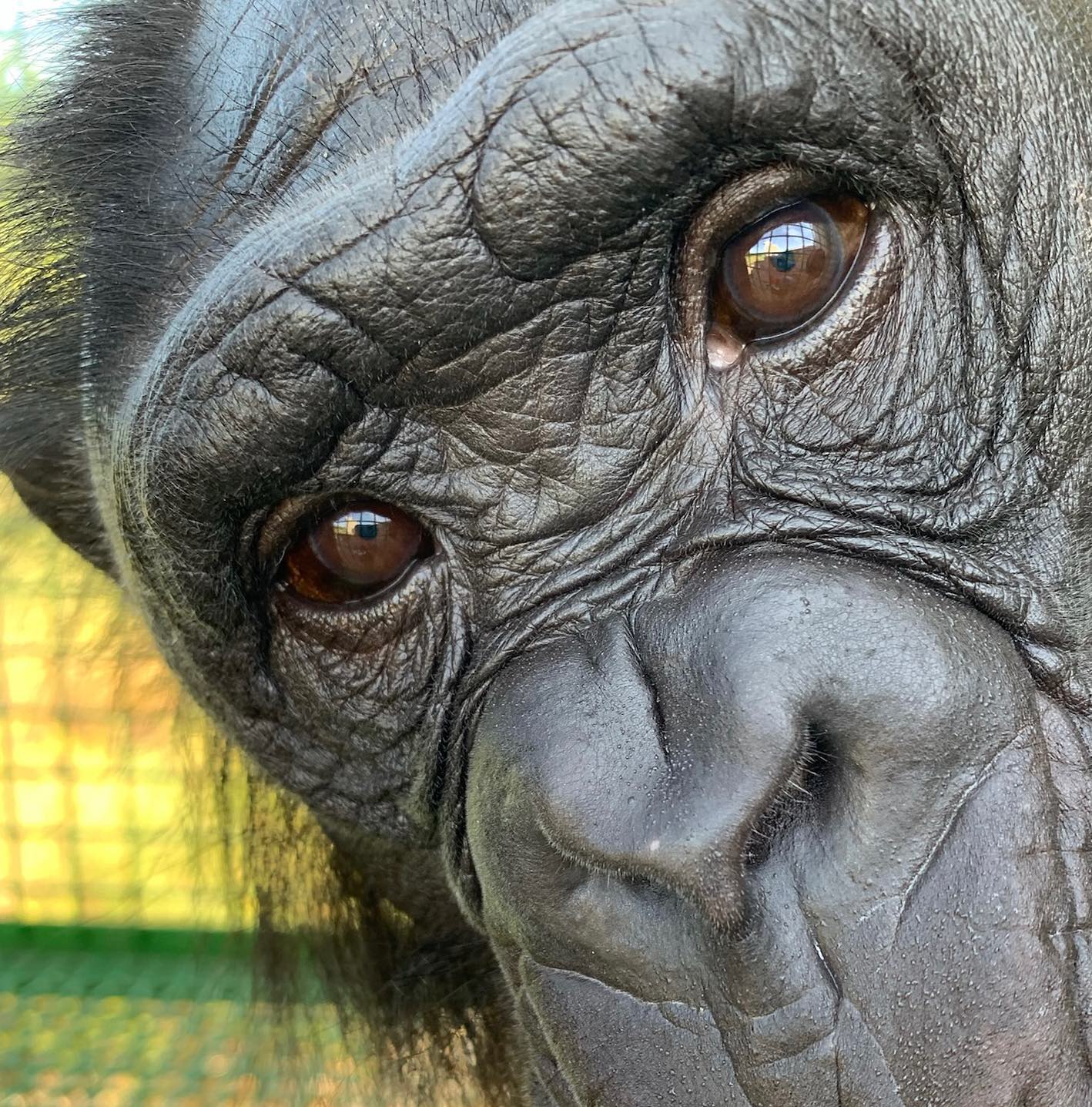Summary:
– Bonobos are fascinating primates closely related to chimpanzees.
– Bonobos have unique physical features that distinguish them from other primates.
– Bonobos exhibit complex social behaviors and have a matriarchal society.
– Conservation efforts are crucial to protect bonobos and their habitat.
– Test your bonobo identification skills and see how well you know these incredible primates!
Welcome, nature enthusiasts and primate lovers! Today, we embark on an exciting journey into the intriguing world of bonobos. Prepare to be amazed as we explore these incredible primates’ unique and fascinating aspects. Get ready to test your bonobo identification skills with some captivating visuals. Let’s dive in!
First and foremost, let’s break the ice by understanding what bonobos are. Bonobos are primates belonging to the Pan genus and their better-known relatives, chimpanzees. These intelligent creatures share a lineage with us humans and are often called our closest living animal relatives. It’s mind-boggling to think that we are related to such remarkable beings!
Regarding physical features, bonobos possess some distinct characteristics that set them apart from other primates. One remarkable feature is the bonobo’s gracile build, meaning they have a slender and slim body structure. Their limbs are long and agile, perfect for climbing trees with ease. Unlike their chimpanzee cousins, bonobos typically have darker faces with pink lips and doll-like eyes that exude an undeniable charm.
Now, let’s take a fascinating glimpse into the social lives of bonobos. These primates are known for their complex and intricate social behavior. They exhibit a matriarchal society wherein females play a dominant role. Unlike in many primate species, where dominance is often achieved through aggression, bonobos rely more on empathy and cooperation. They have been observed engaging in social activities such as grooming, playing, and sharing food, which helps foster strong community bonds. Imagine a world where harmony and compassion prevail!
Conservation efforts are vital to ensure the survival of bonobos and protect their natural habitat. Unfortunately, like many other species, bonobos face threats such as habitat loss, poaching, and the illegal pet trade. Various organizations and researchers are working tirelessly to preserve bonobos and raise awareness about their conservation needs. By supporting these initiatives, we can contribute to safeguarding these incredible primates for generations to come.
Now, the moment you’ve all been waiting for – a chance to test your bonobo identification skills! Look closely at the image provided and see if you can identify the bonobos pictured. Remember, each individual has unique facial features, just like us humans. The diversity among bonobos can be quite surprising, making them even more captivating.
Did you guess correctly? It’s truly amazing how each bonobo has its distinct appearance, providing a glimpse into their individuality. As you continue to learn about these incredible primates, you’ll discover even more distinguishing traits that make them truly captivating.
To wrap up our bonobo adventure, let’s reflect on the wonders of nature and the extraordinary biodiversity it offers. Bonobos, with their unique physical features and complex social behaviors, are a testament to the beauty and diversity of the natural world. It’s our responsibility to protect and conserve these fascinating creatures, ensuring that future generations can appreciate the marvels of nature.
So, fellow nature enthusiasts, let’s continue exploring, learning, and raising awareness about our animal relatives. Together, we can make a difference and create a harmonious world where humans and wildlife thrive. Until our next adventure, keep your eyes open, embrace curiosity, and let the wonders of nature continue to inspire you!
*****
Source Description
Test your bonobo identification skills!! Can you tell which bonobo is pictured here?

